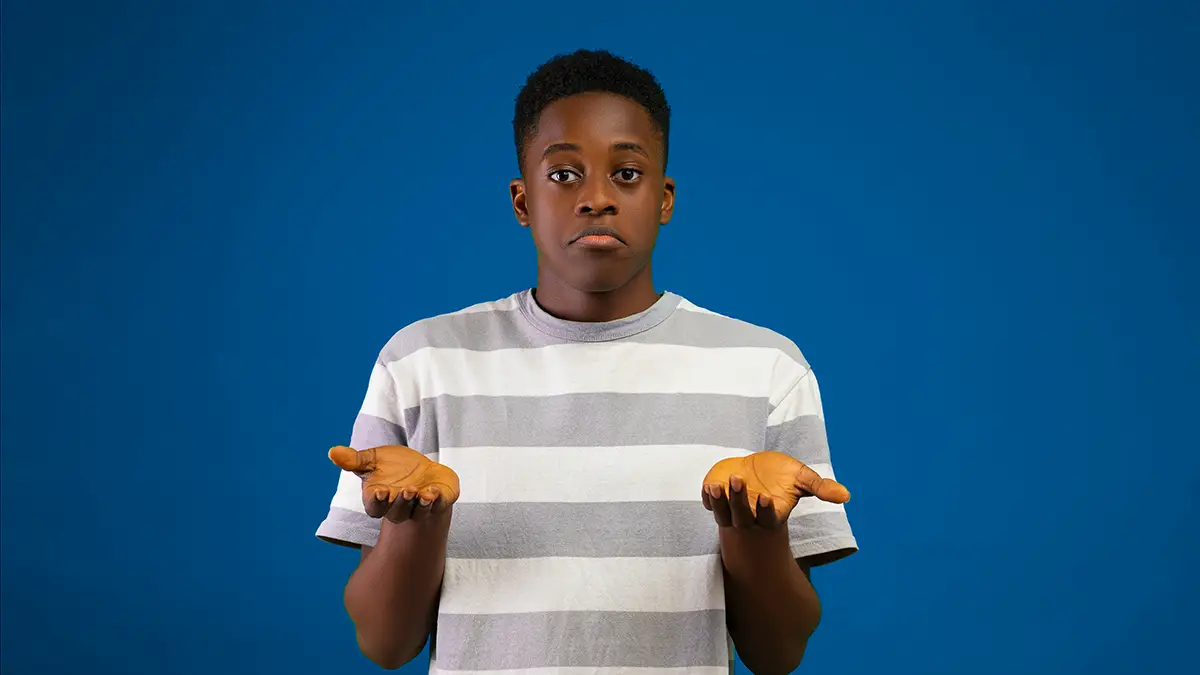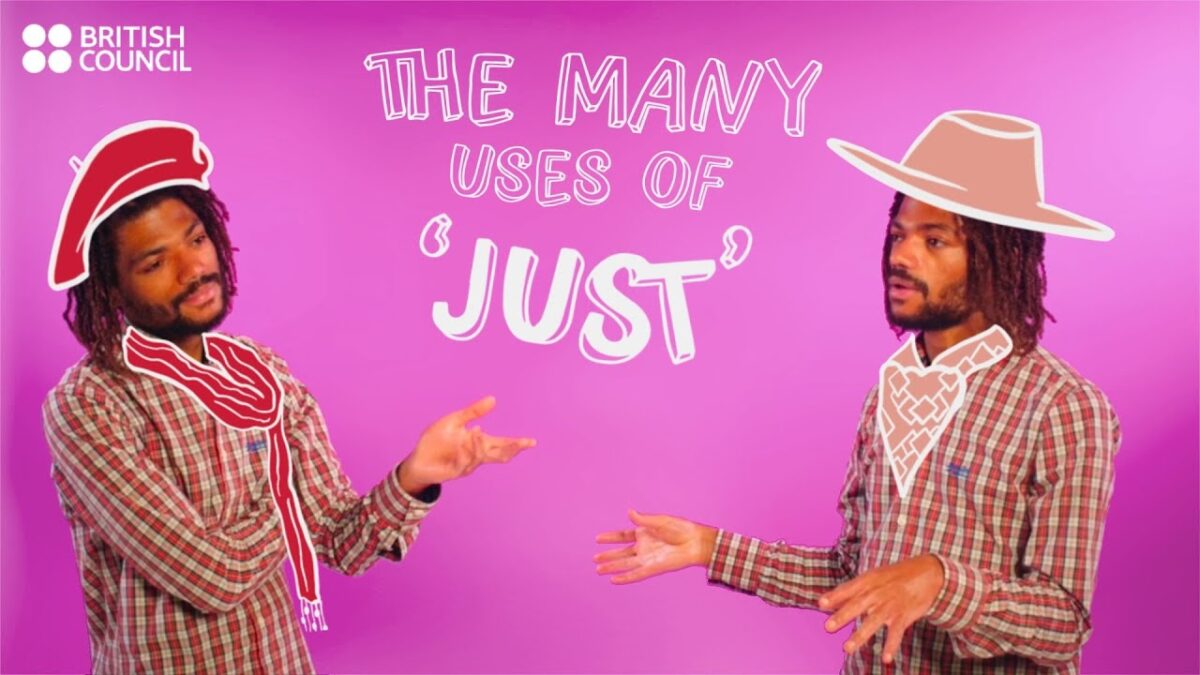Exploring Modern English Words with French Origin (Part 2)

In the second article of this two-part series, explore even more words and phrases that English speakers have borrowed from the French.
If you missed the first article in this series, you can catch up here.
The evolution of French-origin words in Modern English
After the Norman Conquest of 1066, English began to change thanks to the influence of French. The language spoken between about 1100 to 1500 is now known as Middle English. However, because of wars, diplomacy and trade links, French continued to have a major influence on Middle English and, later, the modern English we speak today.
Middle English words borrowed from French
It’s thought that Middle English borrowed about 10,000 words from French. They were related to everything from fashion and hunting to art and medicine.
These are just some of the English words with French origin adopted during this period.
- Fashion: Robe, coat, collar, buckle, fur, jewel, petticoat, lace, cape.
- Hunting: Rein, trot, stable, harness, spaniel, pheasant, joust, pavilion, tournament.
- Art and literature: Painting, music, sculpture, poet, paper, pen, beauty, prose, romance.
- Medicine: Physician, poison, remedy, plague, pulse, physician, malady, pain, gout.
Changes in meaning
When French words were adopted into English, their meanings often changed over time. For example, the French word ‘chef’, meaning ‘chief’ or ‘head,’ came to refer specifically to a head cook. Similarly, ‘garage’, from the French for ‘shelter’ or ‘place for storing,’ came to mean a place where vehicles are stored and repaired.
Modern usage and borrowings
Modern English continues to borrow many words from French. For example, the language of fashion and food is particularly rich in French terms. Words and phrases like ‘haute couture’, ‘croissant’, ‘baguette’ ‘cordon bleu’ and ‘à la carte’ are directly borrowed from French and are pronounced in a similar way.
Sporting words that come from French
Given the Olympics are taking place in France this, year, it seems appropriate to share some of the sporting words English has adopted from French. How many of these do you recognise?
- Amateur. From the French amateur, meaning ‘lover’ or ‘enthusiast’. The word is used in English to mean someone who plays sports (or does another activity), but not professionally.
- Coach. From the French coche, meaning a horse-drawn coach. It later meant a private tutor who ‘carries’ a person through an exam. By 1861, it had also come to mean someone who trains athletes for a competition.
- League. From the French ligue, meaning ‘confederacy’. Sports associations have been known as leagues since 1879.
- Peloton. From the French peloton, meaning ‘platoon’ or a small group of soldiers. A peloton is now the main group of cyclists in a race.
- Referee. From the Old French referer, meaning ‘to relate’ or ‘to refer’. A referee now makes sure sportspeople stick to the rules of a game and decides the outcome of any disputes.
Everyday phrases with French roots
Modern English contains lots of phrases with French roots. Some of our favourites are below, but beware! Some phrases mean something different in English than they do in French, or aren’t used in French at all.
French phrases with the same meaning in English
- Laissez-faire. A policy of letting things take their own course, without interfering.
- Nom de plume. A pen name or pseudonym used by an author.
- Nouvelle vague. Literally ‘new wave’, this term refers to a movement in French cinema during the 1950s and 1960s.
- Pied-à-terre. A small flat or apartment used as a temporary or secondary home.
- Plus ça change, plus c’est la même chose. This means ‘the more things change, the more they stay the same. It’s usually shortened to just ‘plus ça change’.
- Raison d’être. This means ‘reason for being’, or the most important reason for being alive.
- RSVP. Short for ‘répondez s’il vous plaît’. If you see RSVP written on an invitation, it means ‘please respond’.
- Savoir-faire. Meaning ‘know-how’, this is the ability to act or speak appropriately in social situations.
- Tête-à-tête. Literally meaning ‘head-to-head’, this is a private conversation between two people.
- Tour de force. Translating as ‘feat of strength’, this is an impressive achievement or performance.
French phrases with a different meaning in English
- Cause célèbre. Meaning a controversial issue, this phrase isn’t used in French.
- Coup de main. In English this means a surprise attack. In French, donner un coup de main means to give someone a hand or assist them.
- Encore! Meaning ‘again’, this is something an audience will shout to ask for more music after a concert. The French don’t say it in this situation, but instead will say ‘Une autre’ (meaning another) or the Italian word ‘Bis’ (meaning ‘again’ or ‘twice’).
- Outré. In English this means unusual, but in French it means outraged or extravagant.
- Séance. In English, a séance is a gathering of people who are trying to communicate with the dead. In French the word simply means any type of session or meeting.
Enhance your English skills and deepen your French knowledge!
The deep-rooted influence of French on the English language makes it uniquely rich and expressive. Understanding these connections can enhance your understanding of English.
Join our English Online courses and start creating your own extraordinary stories in English!




